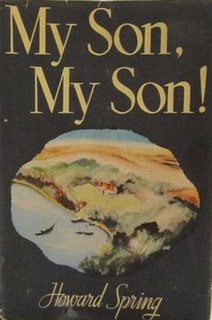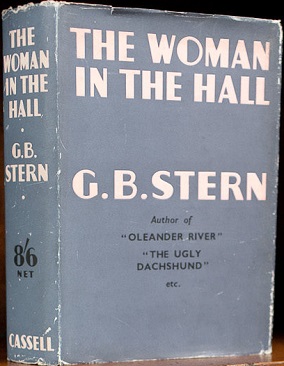Further reading
- George Watson, C.B.E.L.: the Making of the Cambridge Bibliography (Cambridge University Press, 1965)
The Cambridge Bibliography of English Literature is an encyclopaedic bibliography of literature in English published by the Cambridge University Press.
It was first published in the 1940s, and a revised edition was issued from 1969 with the prefix New. [1]
A third series was launched in 1999, without the prefix, but by 2022 only volume 4 had appeared.
This article contains information about the literary events and publications of 1696.
This article contains information about the literary events and publications of 1521.

James Pettit Andrews was an English historian and antiquary.
The Romance of Chastisement is a Victorian pornographic collection on the theme of flagellation by St George Stock and published by John Camden Hotten in 1866. It was reprinted by William Lazenby in 1883 and again by Charles Carrington in 1902 as The Magnetism of the Rod or the Revelations of Miss Darcy.
The Badminton Magazine of Sports and Pastimes was a sports magazine published between 1895 and 1923, and edited by A. E. T. Watson. The magazine was headquartered in London. It had ten different title names during its life: Nine publishers and seven printers.
Jack Lindeman taught at Lincoln and Temple Universities and at Kutztown State College/Kutztown University, published poetry in the following other journals: the Southwest Review, the New York Times, The Nation, Poetry Magazine, Prairie Schooner, Epos: a Quarterly of Poetry, and Colorado Quarterly. His literary criticism appeared in The Literary Review, The Massachusetts Review, Rocky Mountain Review of Language and Literature, School and Society, and Modern Age. He wrote on William James and Herman Melville.

The Nottingham Daily Express was a local newspaper published in Nottingham between 1860 and 1918. It was a radical, Liberal and strongly Nonconformist newspaper.
The Weekly Chronicle was a London newspaper, in existence from 18 September 1836 to 21 December 1867. It went under the title Weekly News and Chronicle from June 1851 to December 1854. Reverting then to the original title, it was the Weekly Chronicle and Register from December 1855.
(bapt. 23 September 1828 – 10 May 1899) was a British children's writer and illustrator, perhaps best known for her adventure novel Left to Themselves: A Boy's Adventure in Australia (1878) – later published as The Young Lamberts. The novel is set in Australia, but she is not known to have ever visited the continent.
Arabella Plantin was an eighteenth-century British novelist. She was the author of The Ingrateful; or, The Just Revenge) (1727) and Love Led Astray; or, The Mutual Inconstancy (1731).

The Nottingham Mercury was a newspaper printed in Nottingham.

My Son, My Son is a 1938 novel by the British writer Howard Spring.

King's Mate is a 1928 romantic adventure novel by the British writer and explorer Rosita Forbes. While staying in Morocco a young Englishwoman becomes lost in the desert and is rescued by a mysterious figure known as the White Sheik, who proves to be an Englishman.

The Crowthers of Bankdam is a 1940 historical novel by the British writer Thomas Armstrong. His debut novel, it is a family saga following the fortunes of the Crowther family of Yorkshire mill owners across several generations from 1854. A popular success, it was followed by three sequels collectively known as the Crowther Chronicles.

The Woman in the Hall is a 1939 novel by the British writer Gladys Bronwyn Stern. The lifestyle of a confidence trickster mother has a psychologically disturbing effect on her daughter who she uses as an essential part in her various swindles.

Long Lost Father is a 1933 novel by the British writer Gladys Bronwyn Stern. A woman's long-lost wastrel father comes back into her life after many years absence.

The Day They Robbed the Bank of England is a 1959 crime novel by the British writer John Brophy.

Turn the Key Softly is a 1951 novel by the British writer John Brophy. It follows the lives of three women in the first dozen hours after they are released from prison.

Immortal Sergeant is a 1942 war novel by the British writer John Brophy. The novel is set during the North African campaign of the Second World War and seen through the eyes of a British corporal fighting across the Libyan desert whose comrade, a sergeant, is killed.

Waterfront is a 1934 crime drama novel by the British writer John Brophy. It is set in his native Liverpool amongst the world of dockworkers.